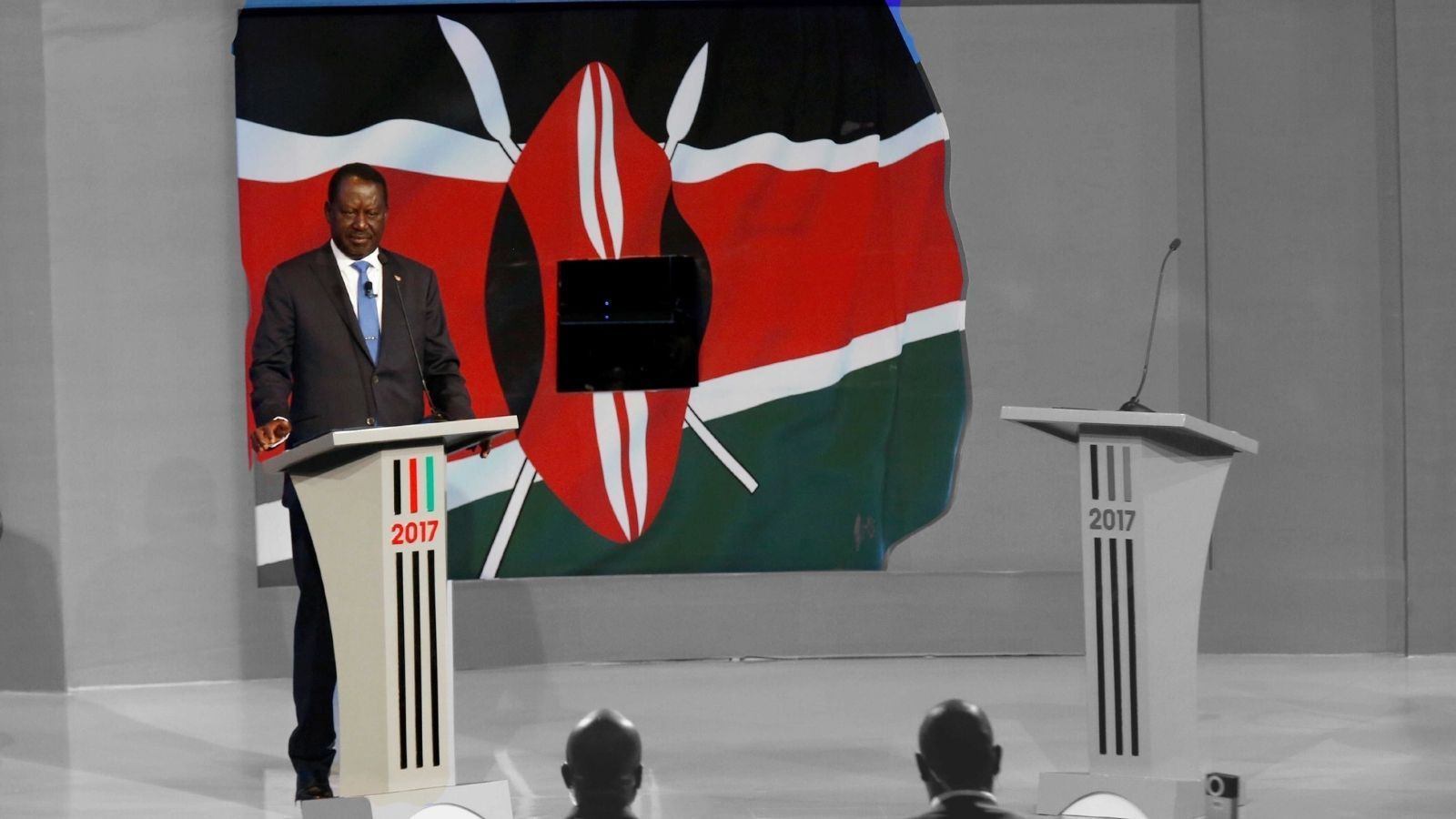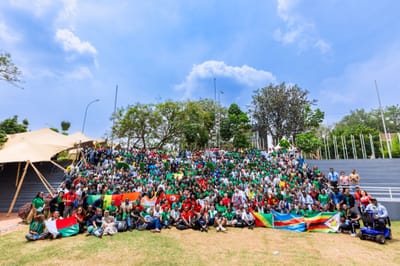In a few months, Kenya will head to the polls for the General Elections. There is also a possibility for a referendum before the elections, making the next few months a politically volatile period.
This might turn out to be a gloomy time for entrepreneurs in Kenya, as electioneering periods always are.
There are several factors that negatively affect businesses during an election period. Some of these include:
- The uncertainty of not knowing the political and economic direction of the country.
- Diminished investments since investors do not want to risk too much.
- Decreased government spending, affecting people who do business with the government.
- People moving to rural areas to vote, or to be in a safe environment during the electoral period.
- Risk of not being paid if the government changes.
- Risk of loss of property in case of election-related violence.
Kenya's 2017 General Elections
This was the case in the year 2017 when Kenya went into elections which were held in August 2017. From the beginning of the year, it was all doom for many people who were in business. Unfortunately, elections did not just end, but were nullified by the Courts and had to be repeated in October, further extending the period of uncertainty.
After the elections, a series of political unrests followed after the main opposition party refused to accept the election results. This continued until March 2018, when President Uhuru Kenyatta and Raila Odinga decided to put their differences together to form the handshake government.
For a period of almost one and half years, Kenya witnessed toxic politics that negatively affected businesses.
Guarding against local politics
How then can businesses guard against this negative effect of elections?
After the 2017 election period in Kenya, one of the realizations that came was that there was a need to geographically diversify revenue streams to guard against political cycles in different countries. This was one motivation that led to the expansion of Truehost Cloud to the Nigerian market. Having revenue streams from different countries could help stabilize the revenue fluctuations occasioned by political processes.
However, not every small business can afford to scale to other countries. One needs to figure out what they can do in order to cushion their businesses when such time comes.
Overcoming the threat
One crucial task is to assess the threat involved, so as to plan accordingly. Some businesses may be less affected, like those offering essential goods and services. In some cases, a business may actually increase during the election period. An example of this is people in the printing industry, who get a once-in-a-lifetime opportunity to print posters, t-shirts, and other materials used in campaigns.
The location of the business may also determine the risk involved. There are some well-known elections violence hotspots, such as the informal settlements. Doing business in these areas calls for increased caution and one should plan ahead for such risks.
If there is a risk of harm for the employees, one may need to figure out how to keep them safe, by requiring them to work from home. Covid-19 has already proven this to be viable. Employees might also be affected depending on their tribe, and so one needs to protect those who are most vulnerable depending on the location.
If possible, have some cash reserves that will sustain you during the period of uncertainty. This will help when sales go down or there is no income.
At times, it may make sense to close down the business, scale down, or move to another location until the elections are over. This applies mostly to places where election-related protests lead to the destruction of property. Of course, a better approach is to ensure the business so that one can keep operations running during the elections.
No guarantees
Even with the best planning and information, it may not be possible to guard against the negative effects of elections.
There will always be a risk involved, just as business is always a risk. The best thing is to prepare for unforeseen circumstances.
— By Jacob Mugendi







